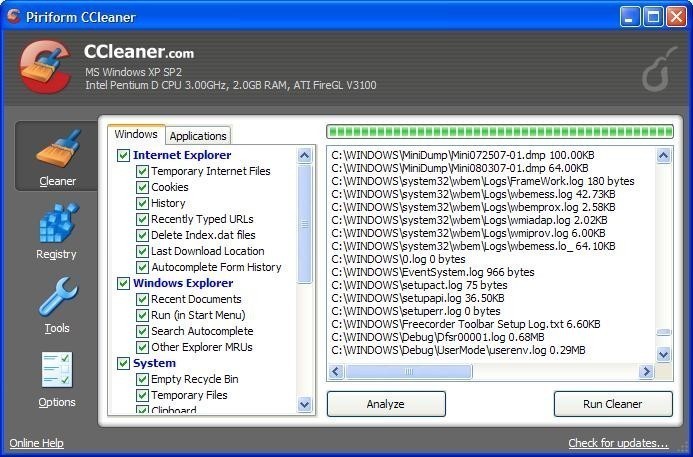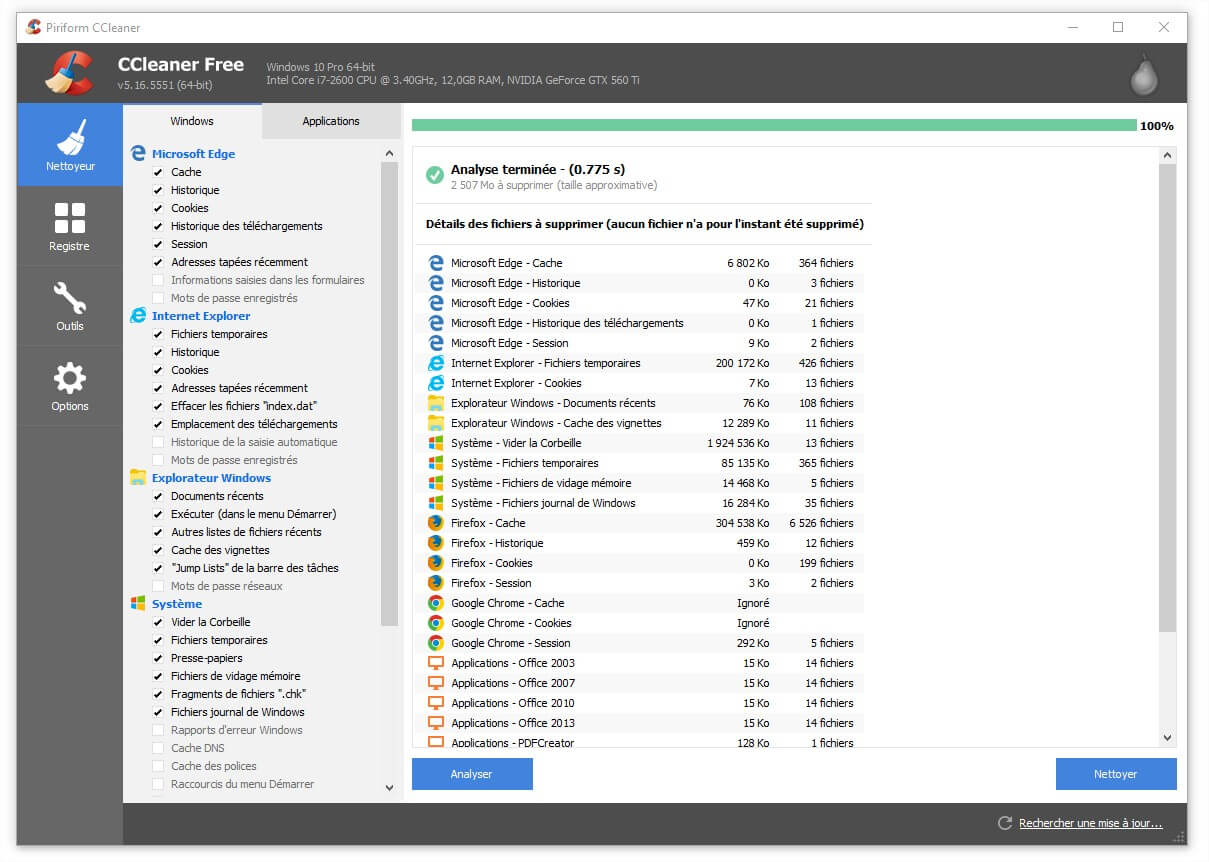
As of late 2017, the investigation into responsibility for the hack is ongoing. The CCleaner malware shares code with tools used by Axiom, and a time stamp on a compromised server matched a Chinese time zone however, time stamps can be changed or modified, making it difficult to pinpoint origin.Ĭombined with the choice of tech targets, this raised concerns that CCleaner malware could be part of a state-sponsored attack. The server contained a database of every backdoored computer that had 'phoned home' to the hackers' machine between September 12 and 16".Īlthough there is no definitive evidence identifying the party responsible for the CCleaner malware, investigators discovered a link to a Chinese hacking group known as Axiom. This payload targeted approximately 20 of the largest tech companies, including Google, Microsoft, Cisco, and Intel, and infected 40 computers.Īccording to Wired, "Cisco says it obtained a digital copy of the hackers' command-and-control server from an unnamed source involved in the CCleaner investigation. A second stage payload was discovered by Cisco Talos.


Unfortunately, the company soon discovered the malware infection was more severe than originally believed. It's believed more than 2 million users were infected. Initially, the company believed it was confined to the above versions running on a 32-bit Windows systems and that downloading upgraded versions of the program would solve the problem. It's believed the hackers compromised CCleaner's build environment to insert the malware.Īccording to different reports, the malware is capable of collecting specific data from an infected computer system, including IP addresses and information on installed and active software, and sending it to a third-party server located in the United States.ĬCleaner's parent company, Avast Piriform, found the malware on September 12, 2017, and immediately took steps to remediate the problem. The malware consisted of two Trojans, Trojan.Floxif and Trojan.Nyetya, inserted into the free versions of CCleaner version and CCleaner Cloud version. They turned a tool meant to scrub your computer clean of lurking malware into a serious threat to sensitive and personal information. Hackers took the legitimate program and inserted malicious code that was designed to steal data from users. However, in September 2017, CCleaner malware was discovered. In January 2017, CNET gave the program a "Very Good" rating.

During the cleanup, malicious files buried in the system are also deleted.

The software gets rid of temporary files that eat up disk space and invalid Windows registry keys. CCleaner is a utility program designed to delete unwanted files from a computer.


 0 kommentar(er)
0 kommentar(er)
